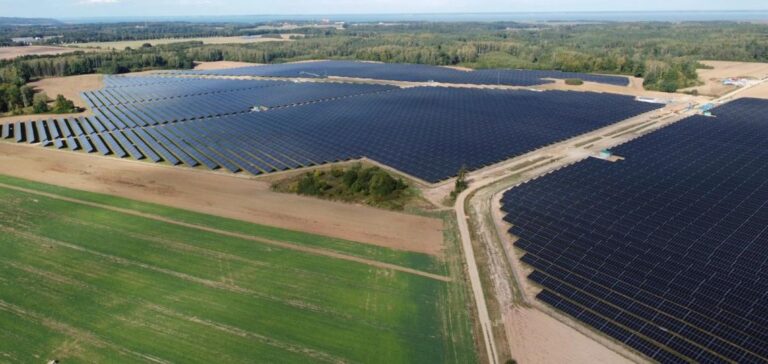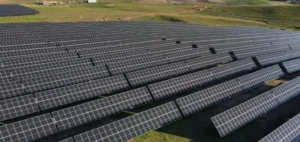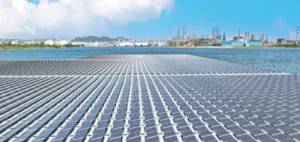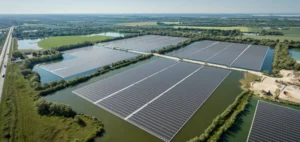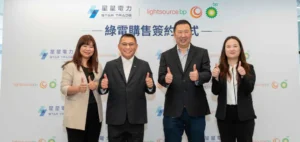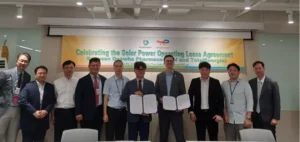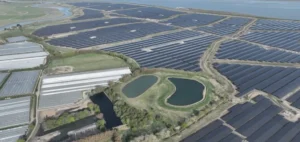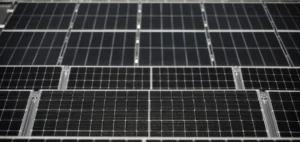Equinor, in 2021, is buying Polish solar developer Wento and its pipeline of solar projects across Poland. Their first Polish solar power plant is ready for operation.
A purely Polish project
Equinor, announces that the Stępień power plant is ready to go into operation. Stępień is located in the region of Warmia, in the north. It is one of the largest solar power plants in the country to date with over 100,000 solar panels on an area of 65 hectares.
It produces 61 GWh of electricity per year, which is equivalent to the electricity consumption of 31,000 Polish households. This helps to strengthen the knowledge and skills within the solar developments in the Polish industry. Olav Kolbeinstveit, Senior Vice President for Energy and Markets in Renewables at Equinor says:
“With Wento, we are uniquely positioned to build a significant solar portfolio in one of Europe’s most dynamic renewable energy markets. In the first year of our involvement, we authorized the construction of three solar power plants in Poland, with a total capacity of 171 MW. Today, we are proud to inaugurate our first Stępień solar power plant, while the other two plants are expected to be ready in 2023-2024.”
Towards the energy transition
Energy production in Poland is still dominated by fossil fuels, including a large share of coal. There is a significant potential and need for domestic renewable energy in the country. Michał Jerzy Kołodziejczyk, Country Manager of Equinor in Poland states:
“Poland is going through a major energy transition and is actively developing domestic renewables to increase reliable generation capacity and enhance energy security. Equinor aims to contribute to Poland’s aspirations by building a broad energy offering in the country, including onshore and offshore renewables.”
Equinor plans to market the electricity from the solar plant through a power purchase agreement (PPA). This ensures a predictable revenue and return on investment for the plant. Equinor will therefore include this electricity in its growing portfolio of energy from renewable sources.

